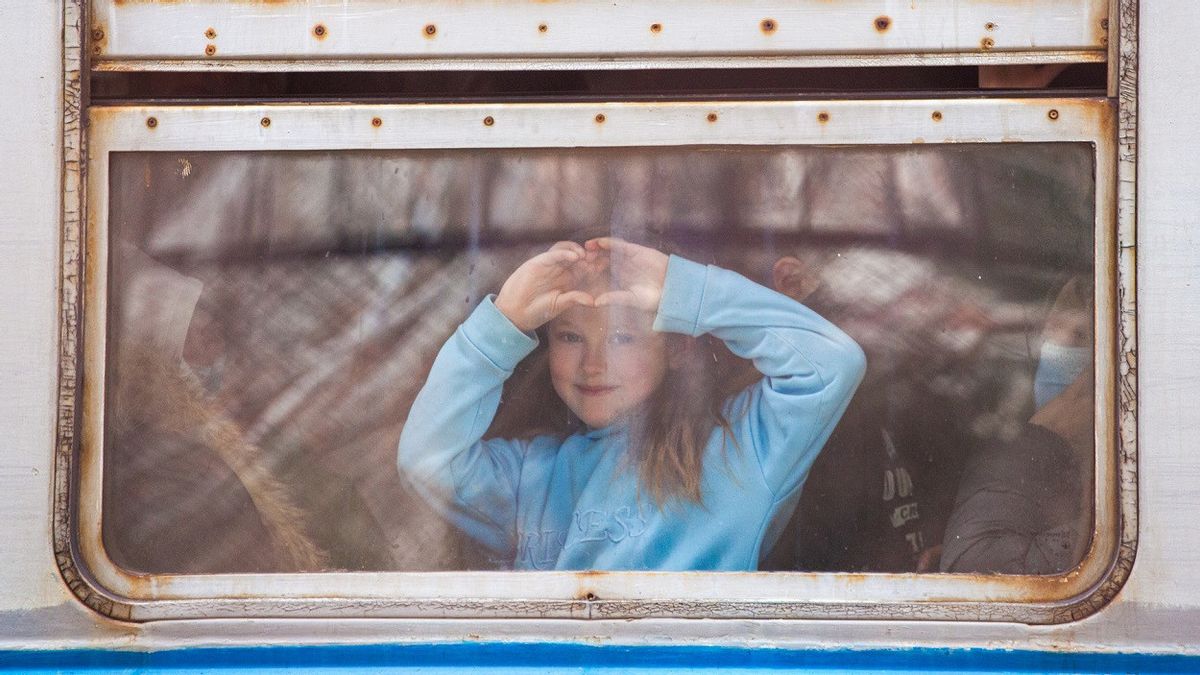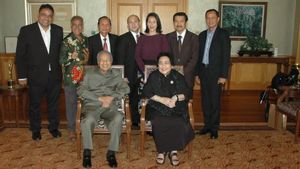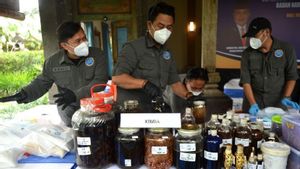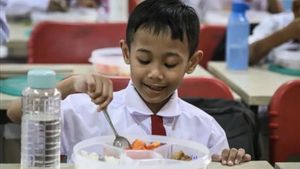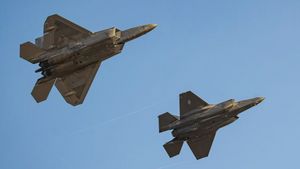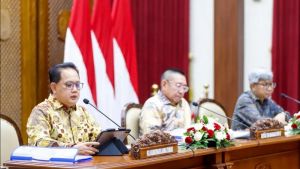JAKARTA - Russia violated "the basic principles of child protection" during times of war, by giving Russian passports to Ukrainian children and handing them over for adoption, the head of the UN refugee agency (UNHCR) told Reuters in an interview.
Speaking at the UNHCR office in Kyiv after a six-day tour, Filippo Grandi said the Ukrainian president had asked his body to "make more" to help children from the occupied territories experience this.
"Giving them citizenship (Russia) or adopting them goes against the basic principles of child protection in a war situation," Grandi said.
"This is something that happened in Russia and should not happen," he added.
President Volodymyr Zelensky, speaking after his meeting with Grandi on Wednesday, called for a mechanism to be formed to "defense and return" children and adults who were deported to Russia, as well as to punish those responsible.
Grandi said his agency could not predict the number of children who had been given passports or prepared for adoption, as access in Russia was very limited.
"We seek access all the time, access is rather rare, sporadic and not unlimited, if you understand what I mean," he said.
Meanwhile, Russia said allegations of kidnapping Ukrainian children were false.
"We firmly reject the baseless accusations that Russian authorities kidnapped children," Russian diplomat Dmitry Polyansky said in July, according to the TASS news agency.
Furthermore, Grandi highlighted two potential future trends in the Ukraine refugee crisis, which saw eight million Ukrainians flee overseas and several millions more internally displaced, following the invasion of Moscow on February 24 last year.
The head of UNHCR said more refugees could return to Ukraine in the summer, as happened in 2022 when the agency observed "100s of thousands" of refugees returning at the end of the summer, although the movement was halted due to cold weather.
The winter, usually as cold as ice in Ukraine, has become more severe this year due to Russian missile attacks on energy infrastructure, causing power outages, water and heating supplies in major cities.
Grandi also warned that the escalation of fighting could trigger a new wave of refugees, although it is likely that internal refugees.
"What we've seen in the last few days hasn't been very promising in this regard, everyone expects that there will be increased hostilities, escalations... and this is likely to result in more evacuations," he explained.
Grandi paints a grim global view, predicting that the number of displaced people, currently reaching 103 million, will "almost certainly" grow in the years to come if the UN Security Council continues to be divided on key issues.
"If the world's highest body to maintain peace and security cannot carry out its duties because of international divisions, then the conflict will continue... widespread, continuing, unresolved," he said.
The head of UNHCR also urged countries to process prospective asylum seekers more quickly, to stop claims of unfounded asylum clog the system.
The English, Chinese, Japanese, Arabic, and French versions are automatically generated by the AI. So there may still be inaccuracies in translating, please always see Indonesian as our main language. (system supported by DigitalSiber.id)
